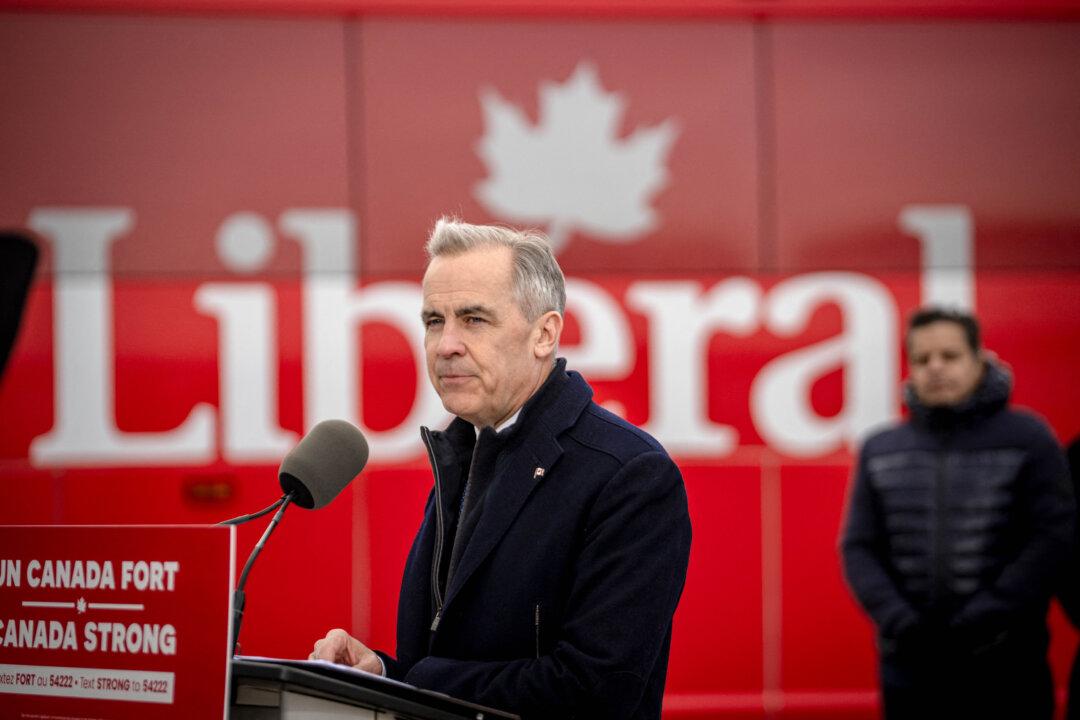Liberal Leader Mark Carney appealed for support in Quebec during a campaign stop in the province on April 22, arguing a Liberal government would be best positioned to protect Quebec’s economy and identity amid U.S. tariff threats by supporting key industries and promoting Quebec culture through various measures.
Quebec has the second-largest number of seats in the House of Commons after Ontario, making it a crucial area to attract support as polls suggest a close race between the Liberals and Conservatives.





